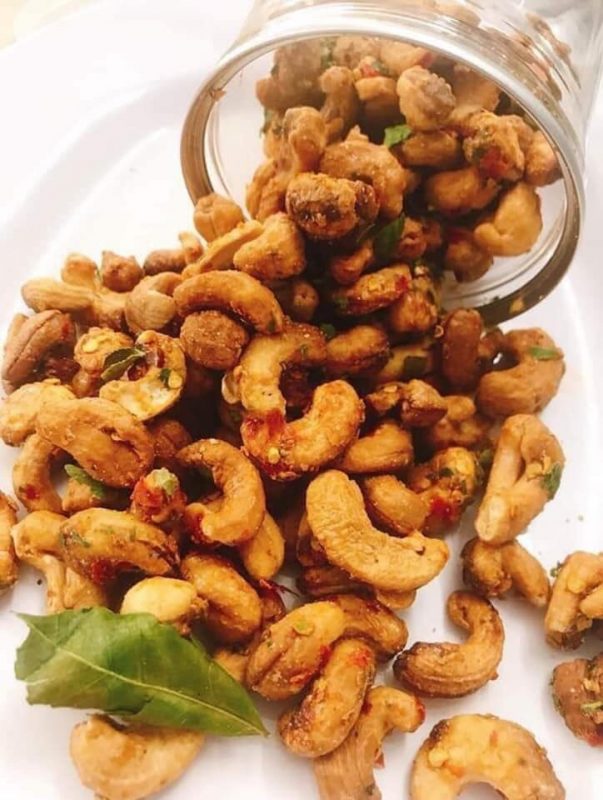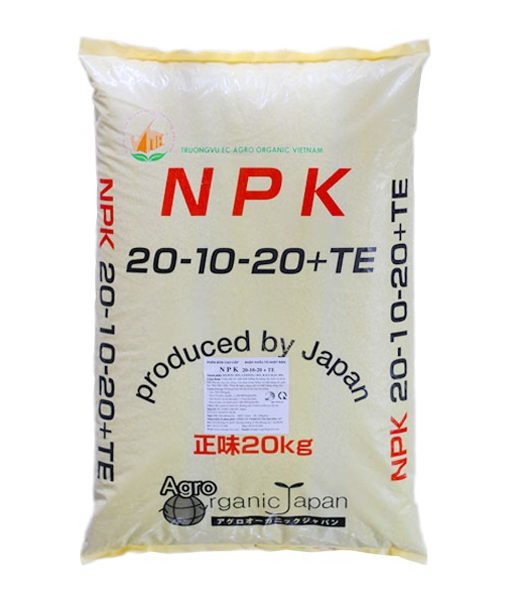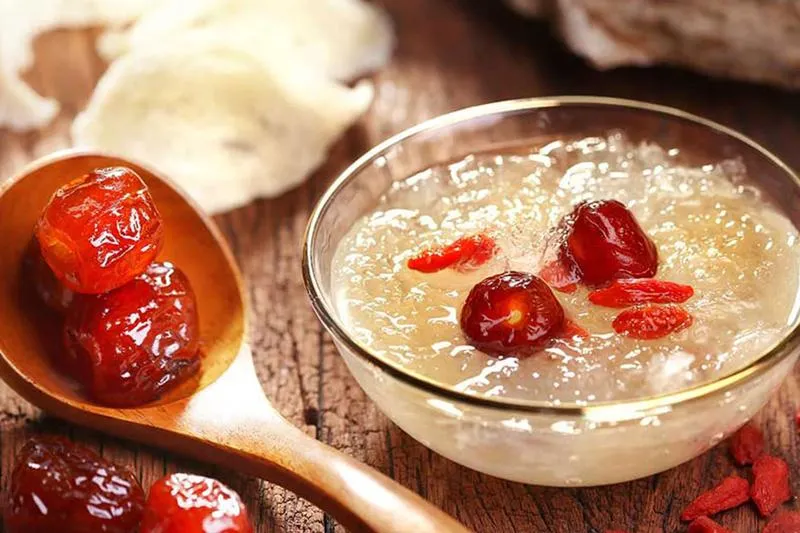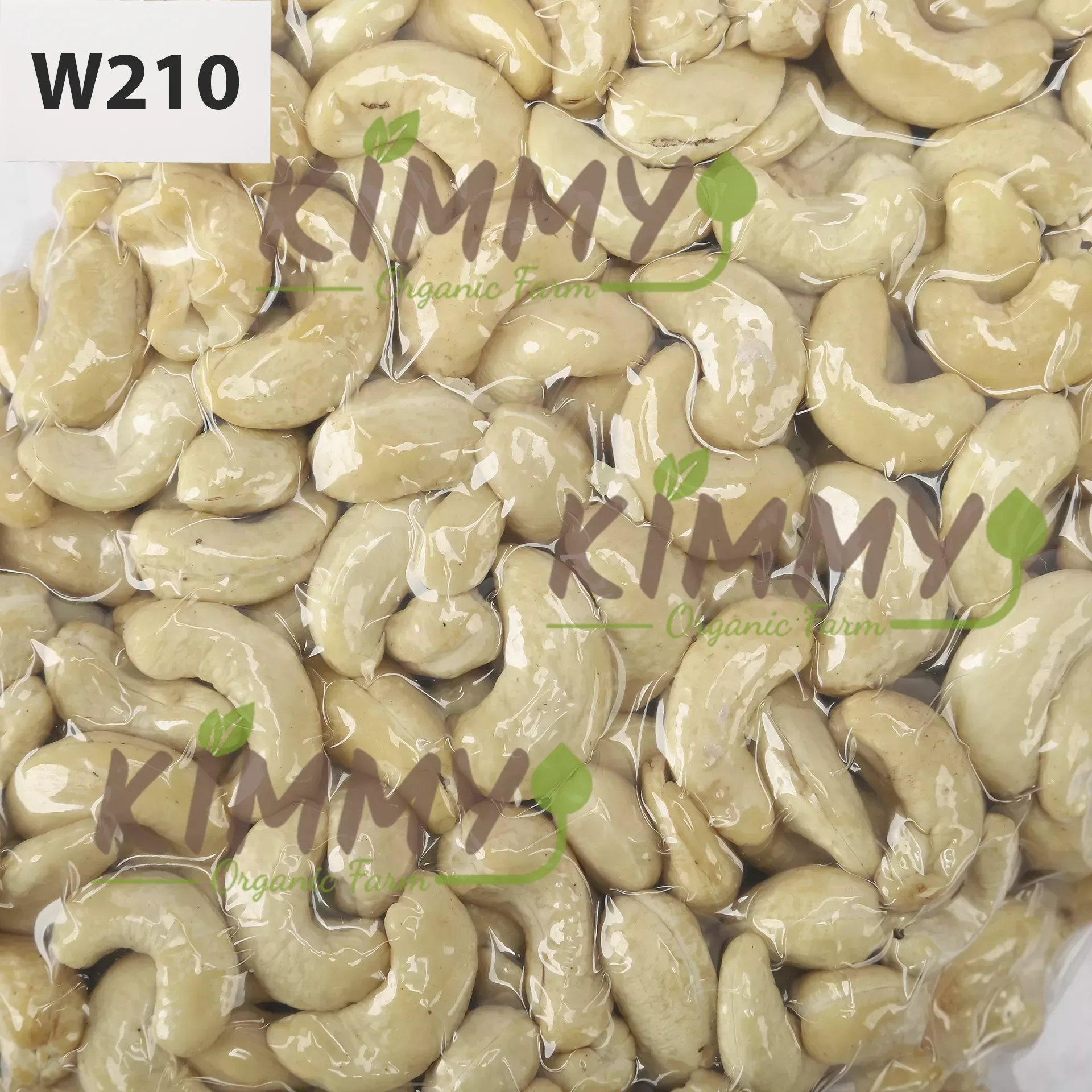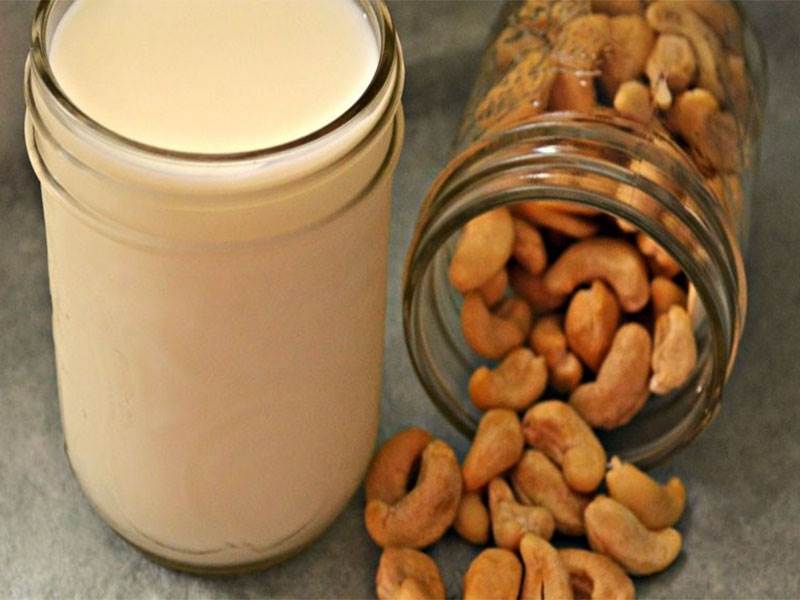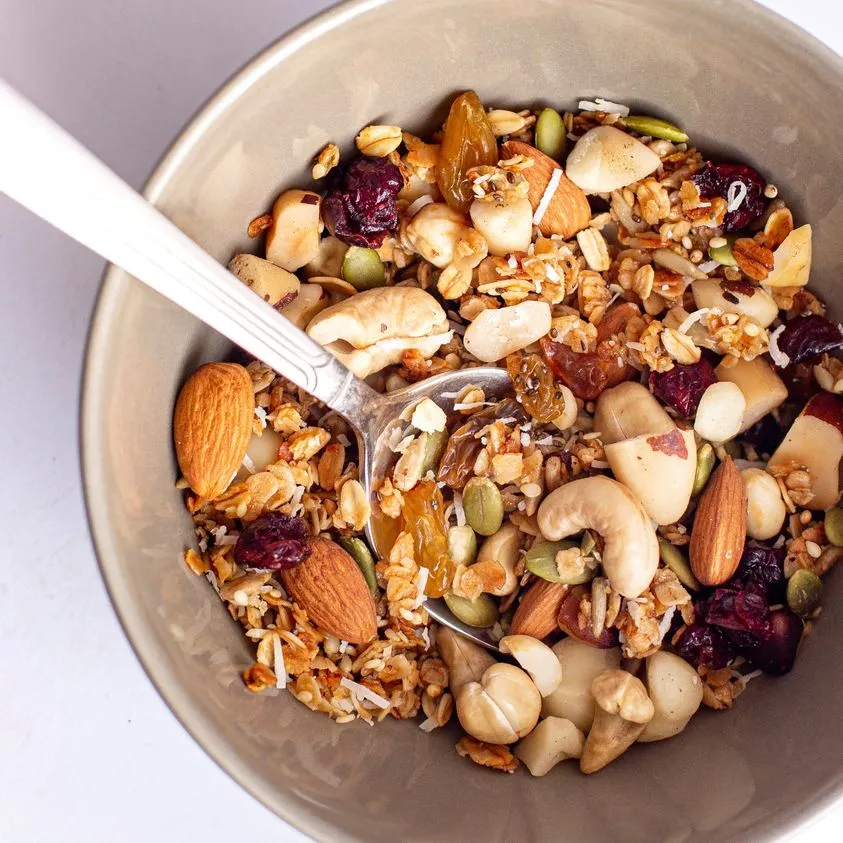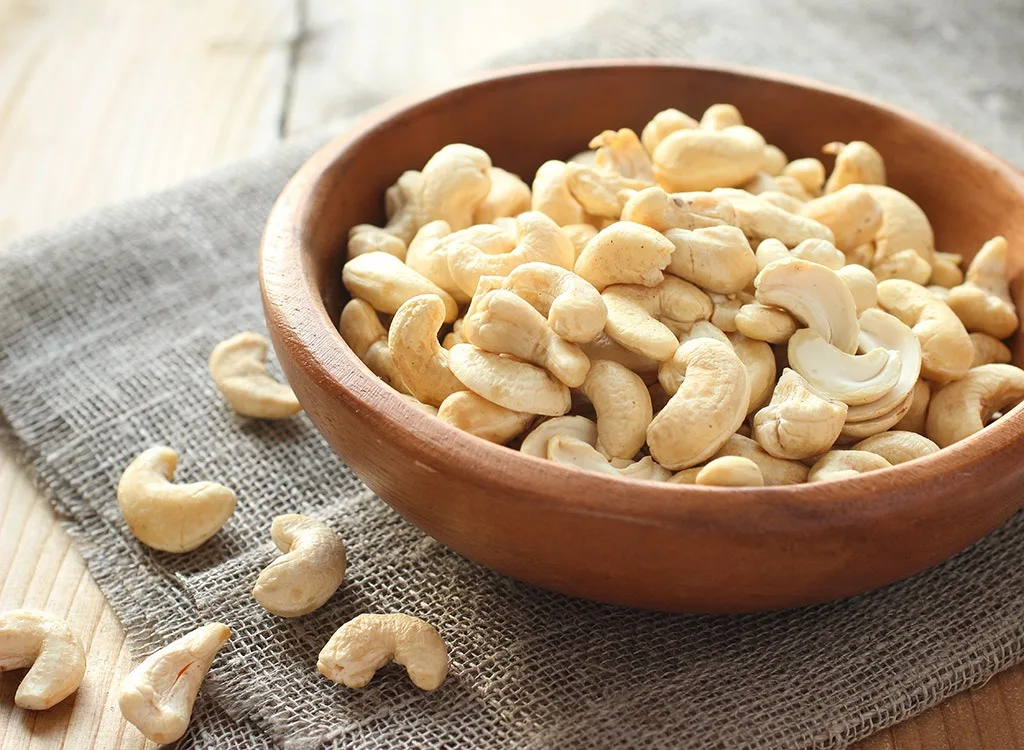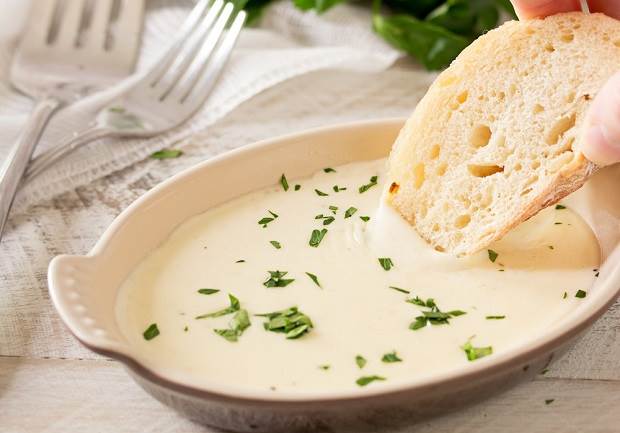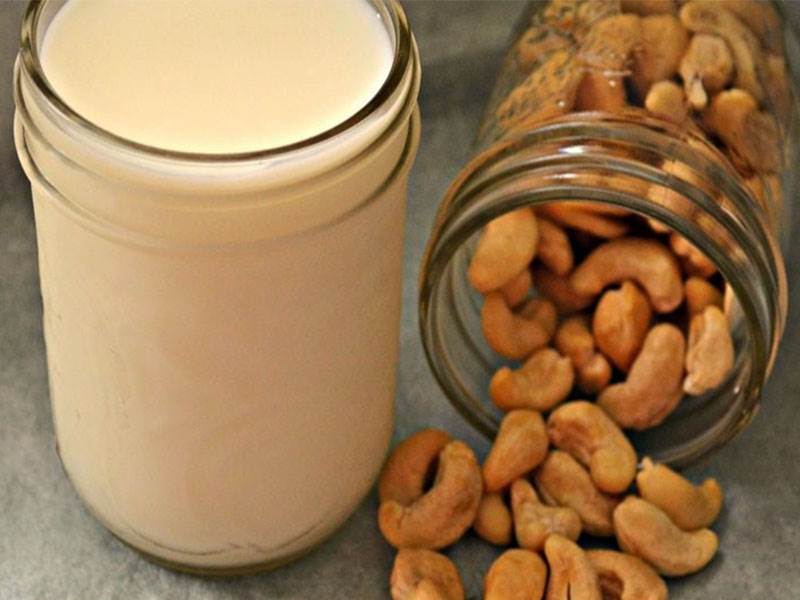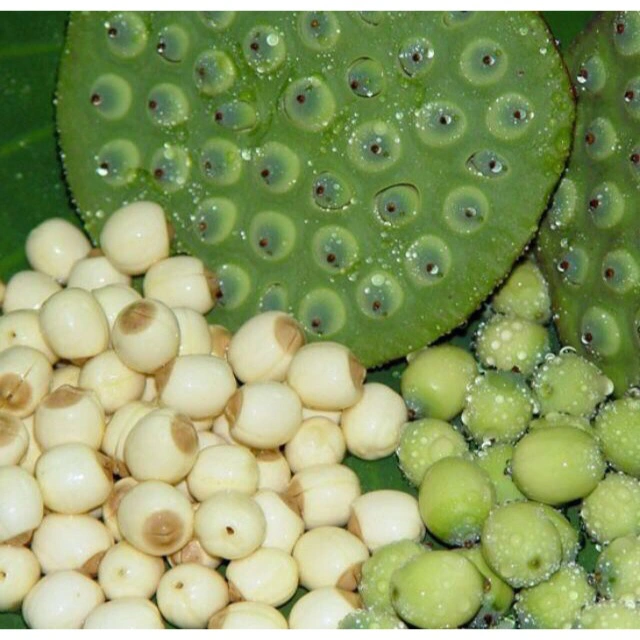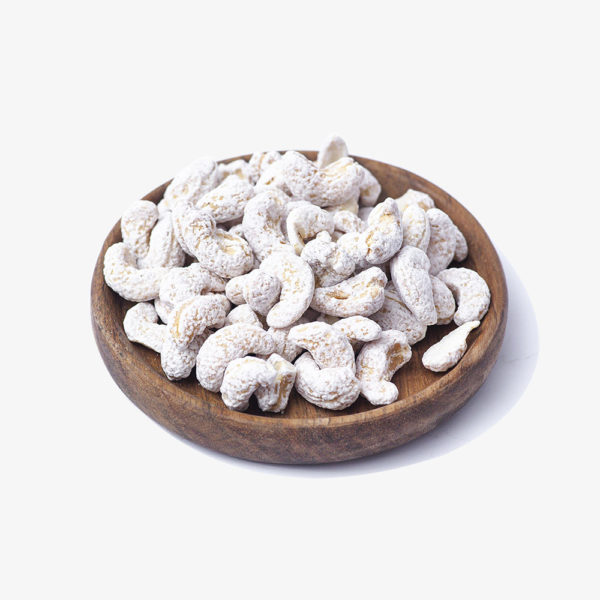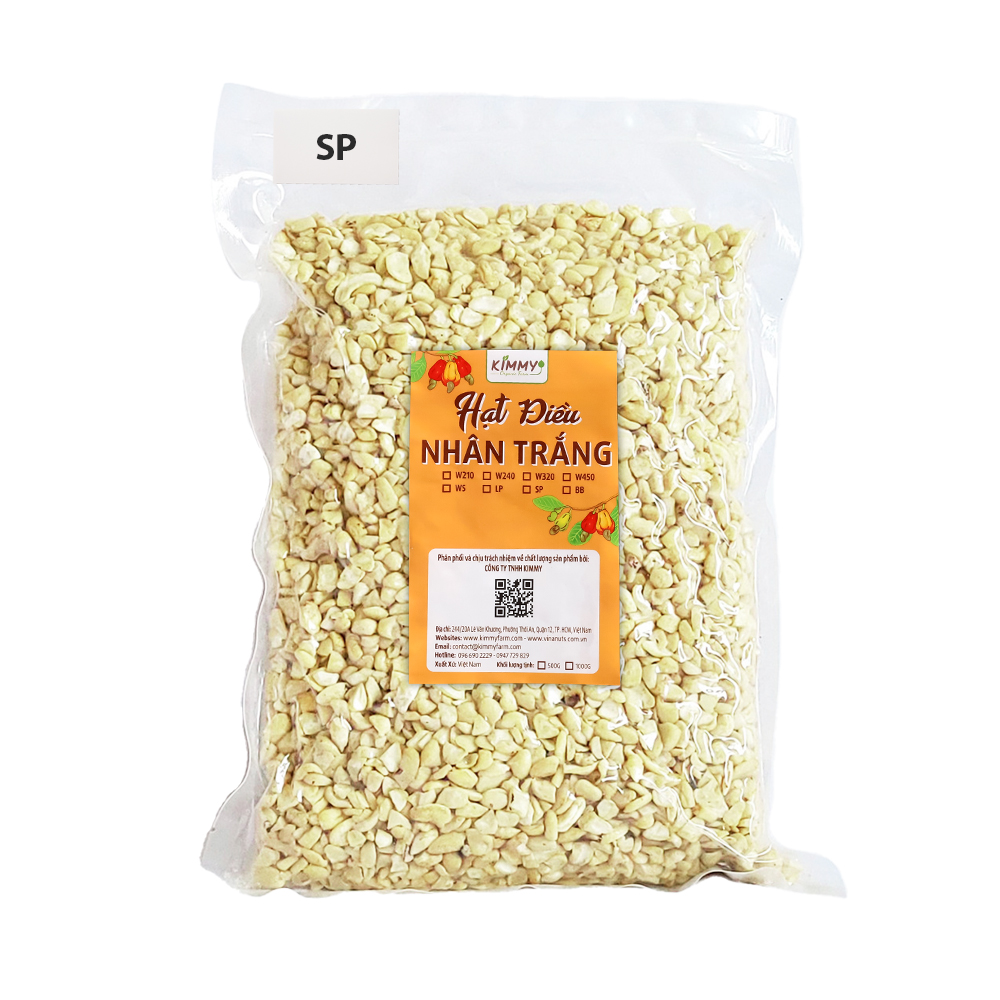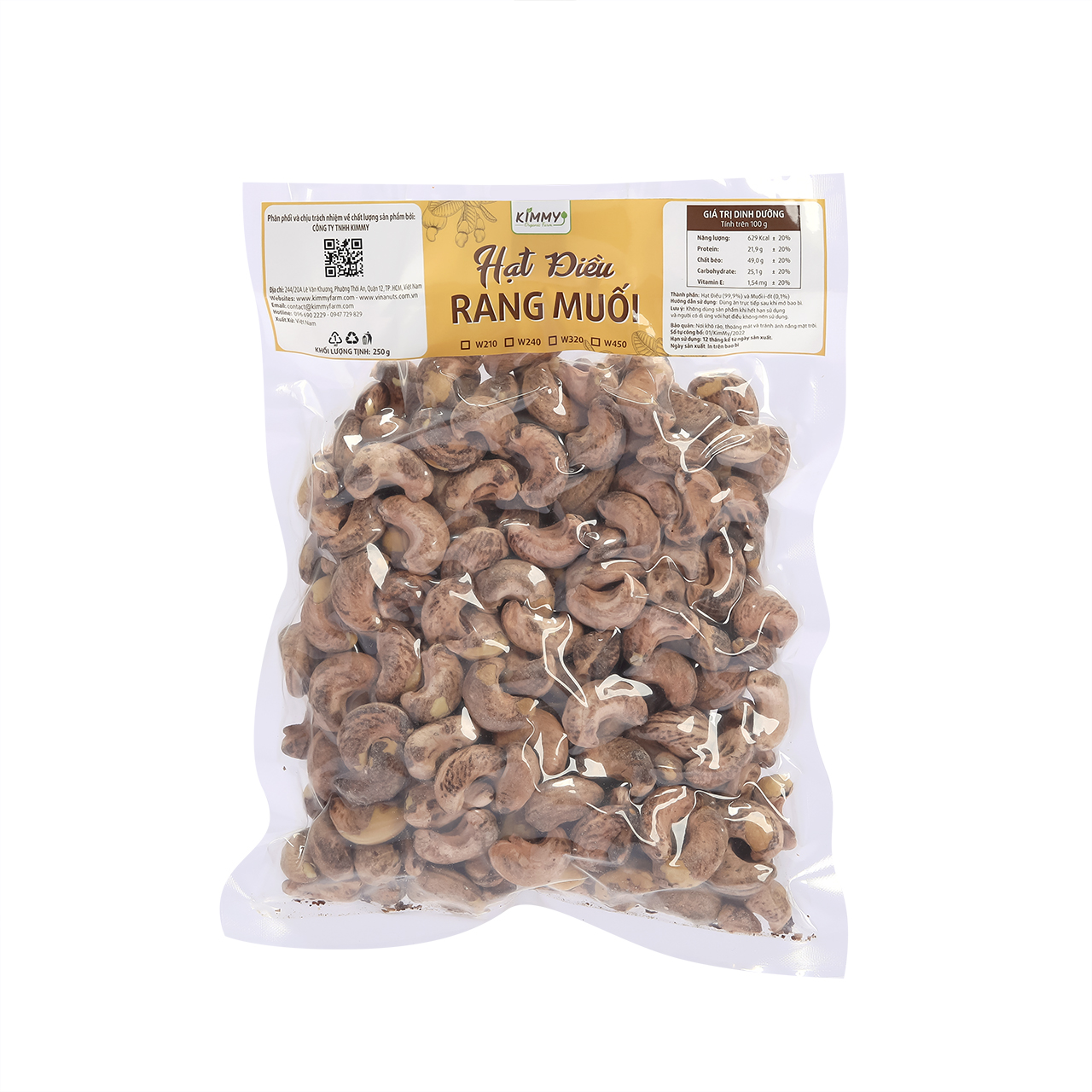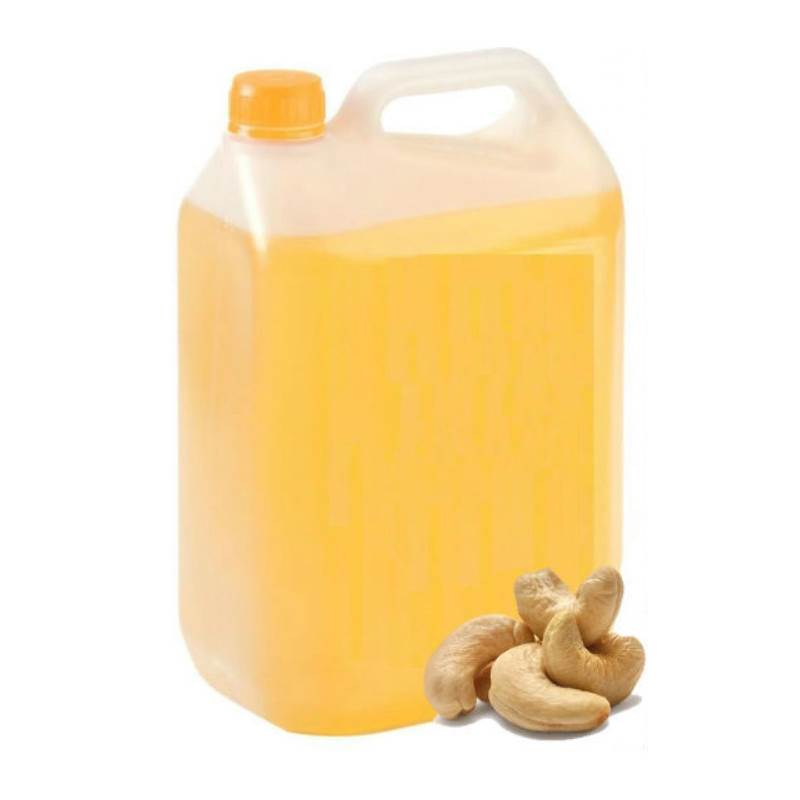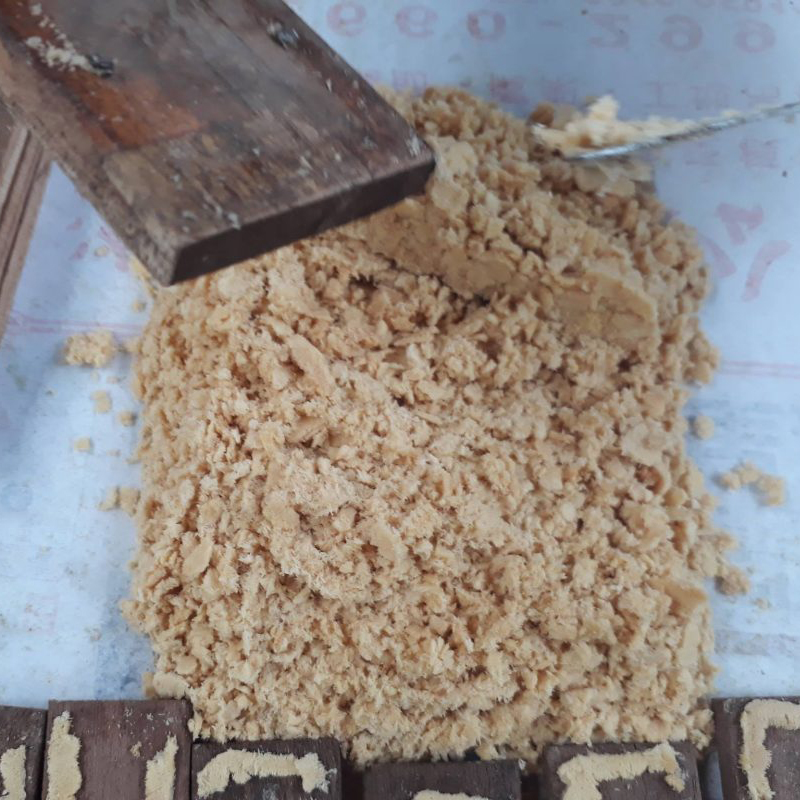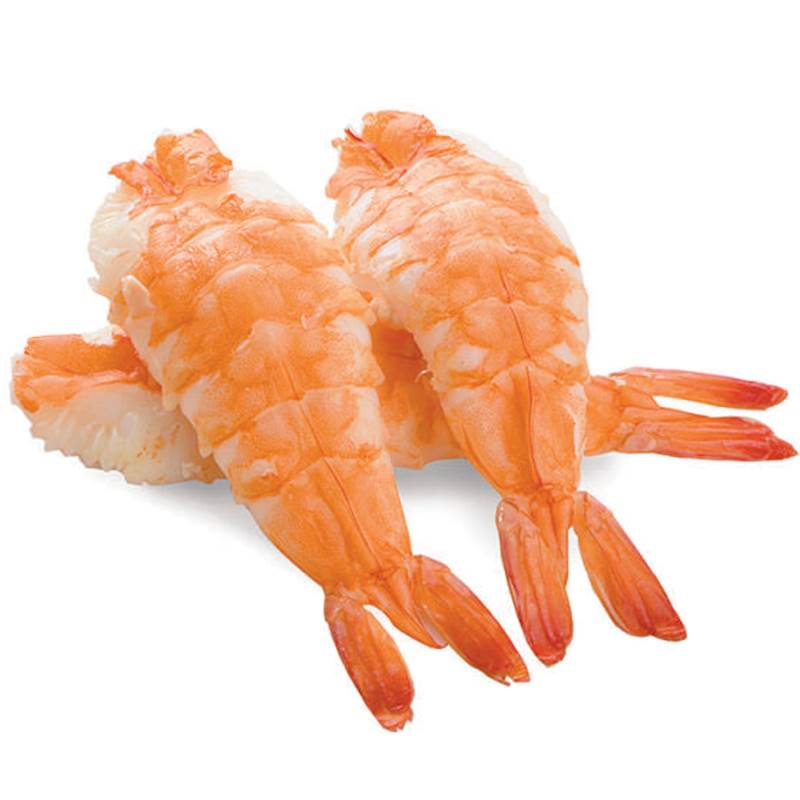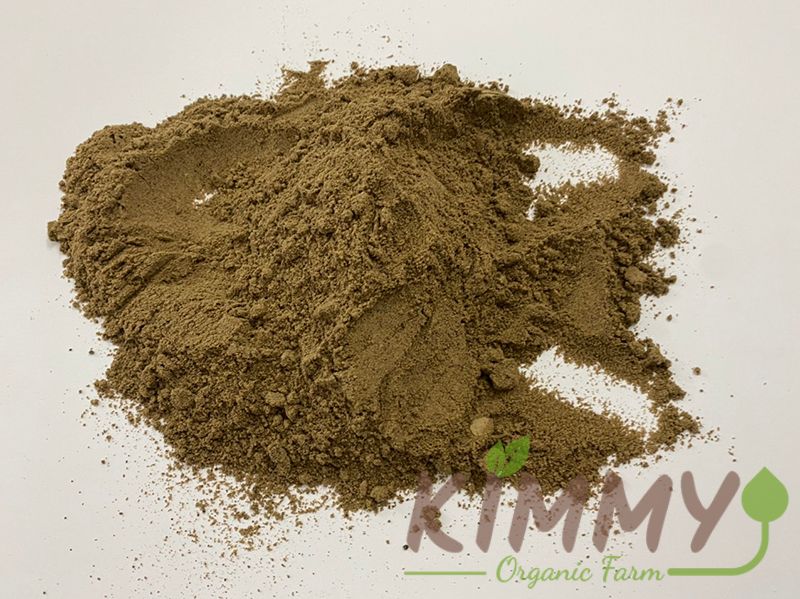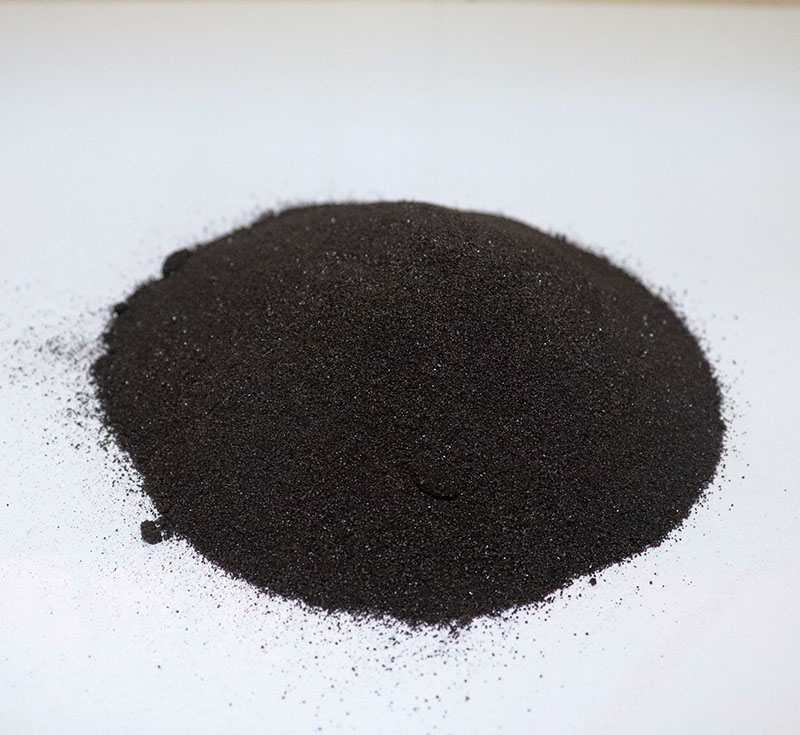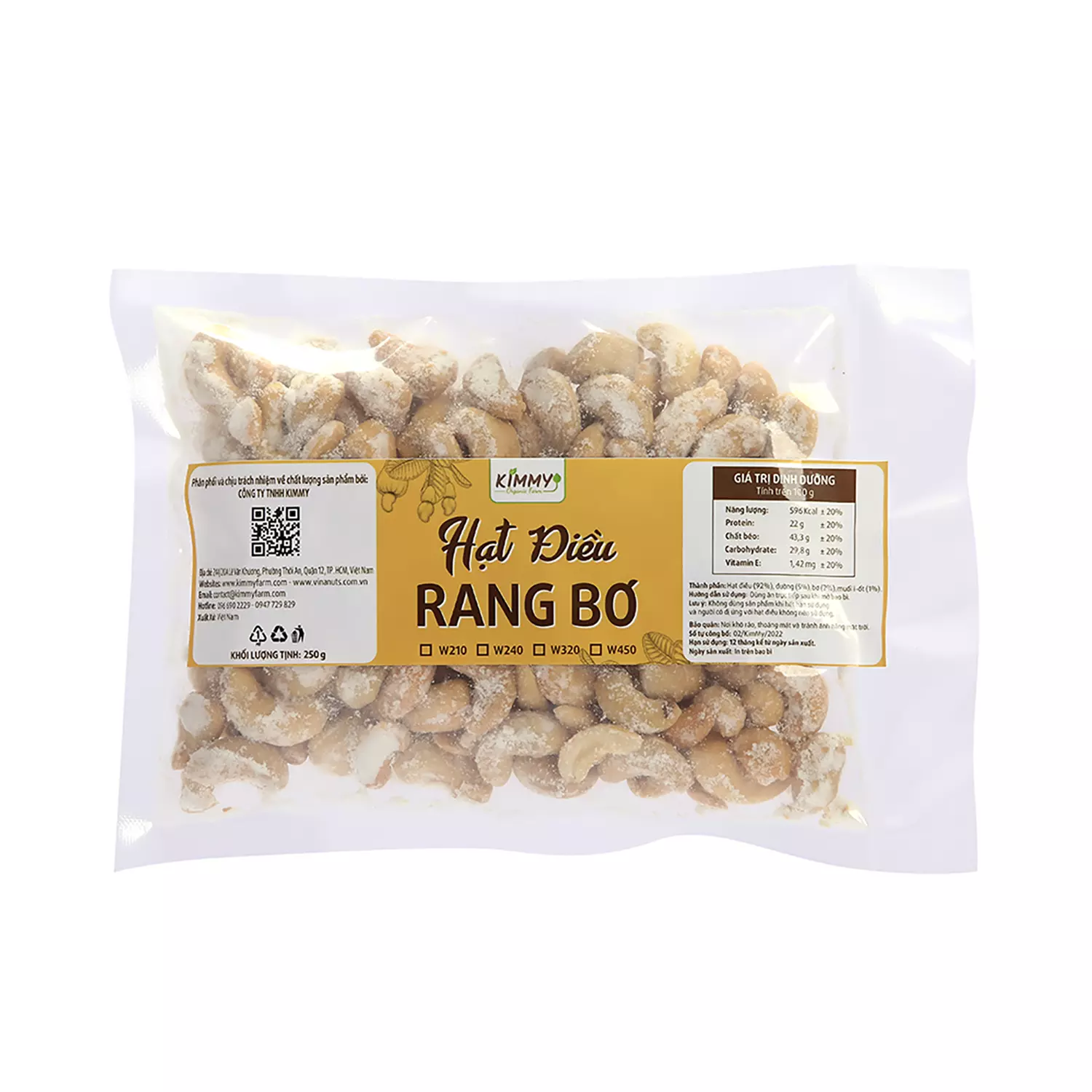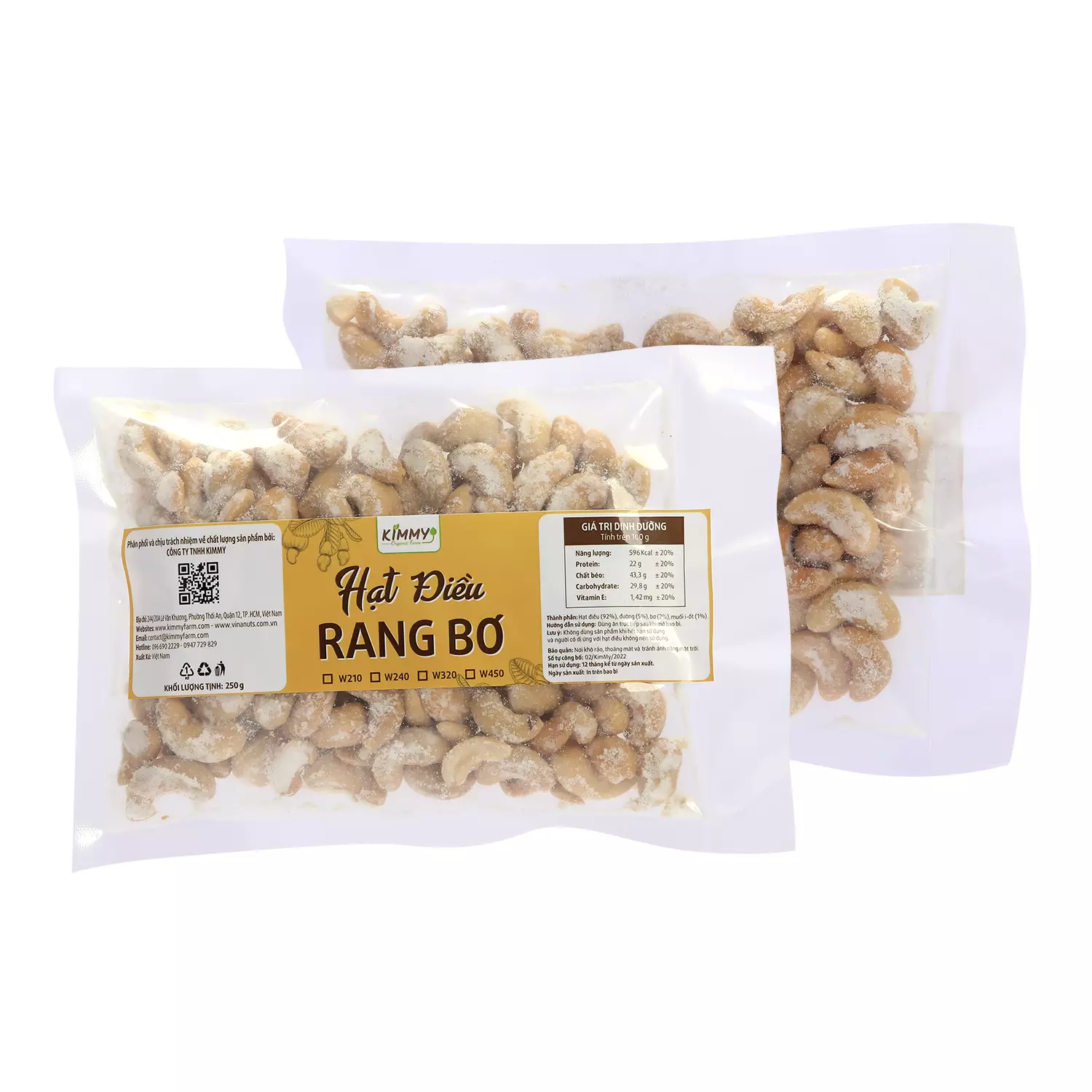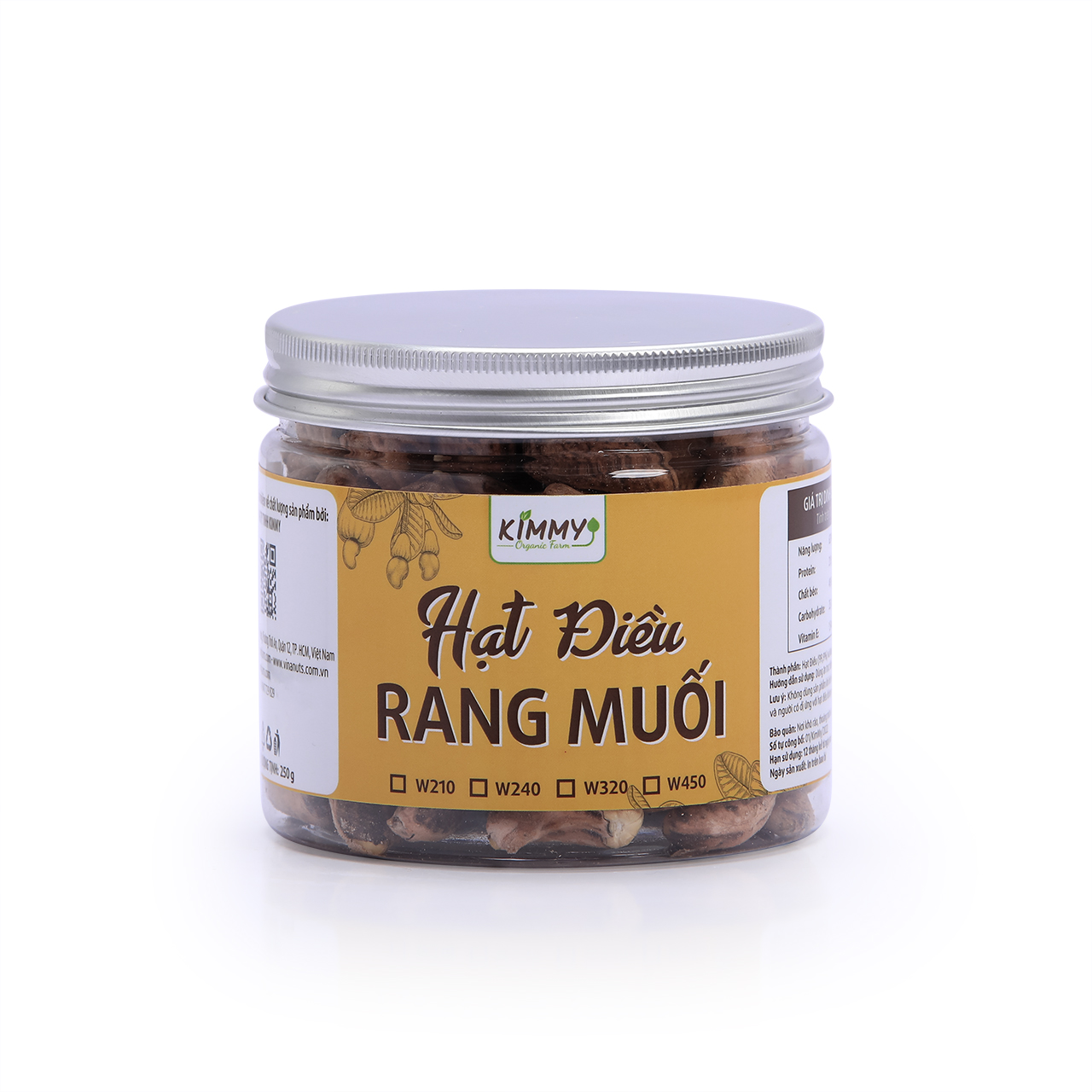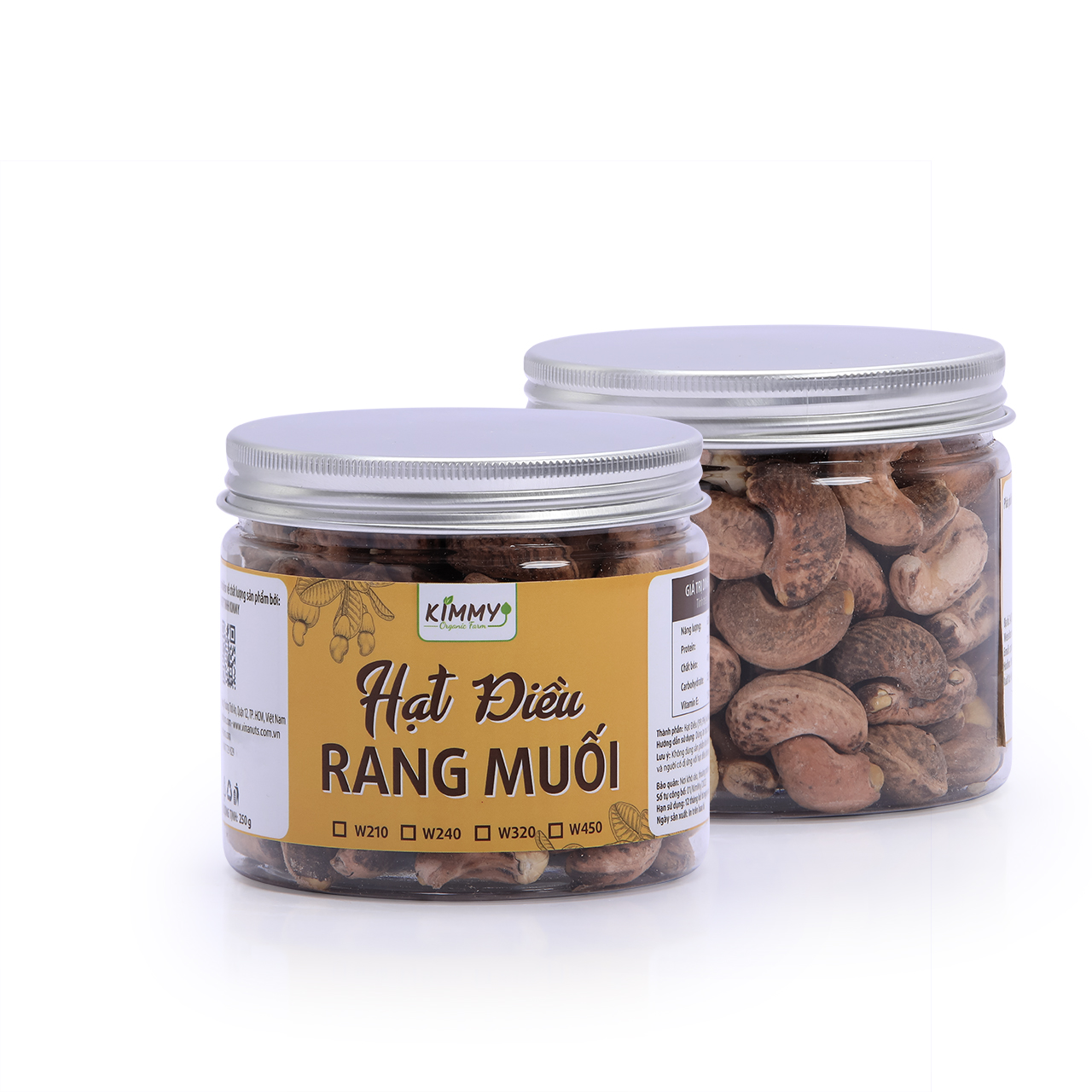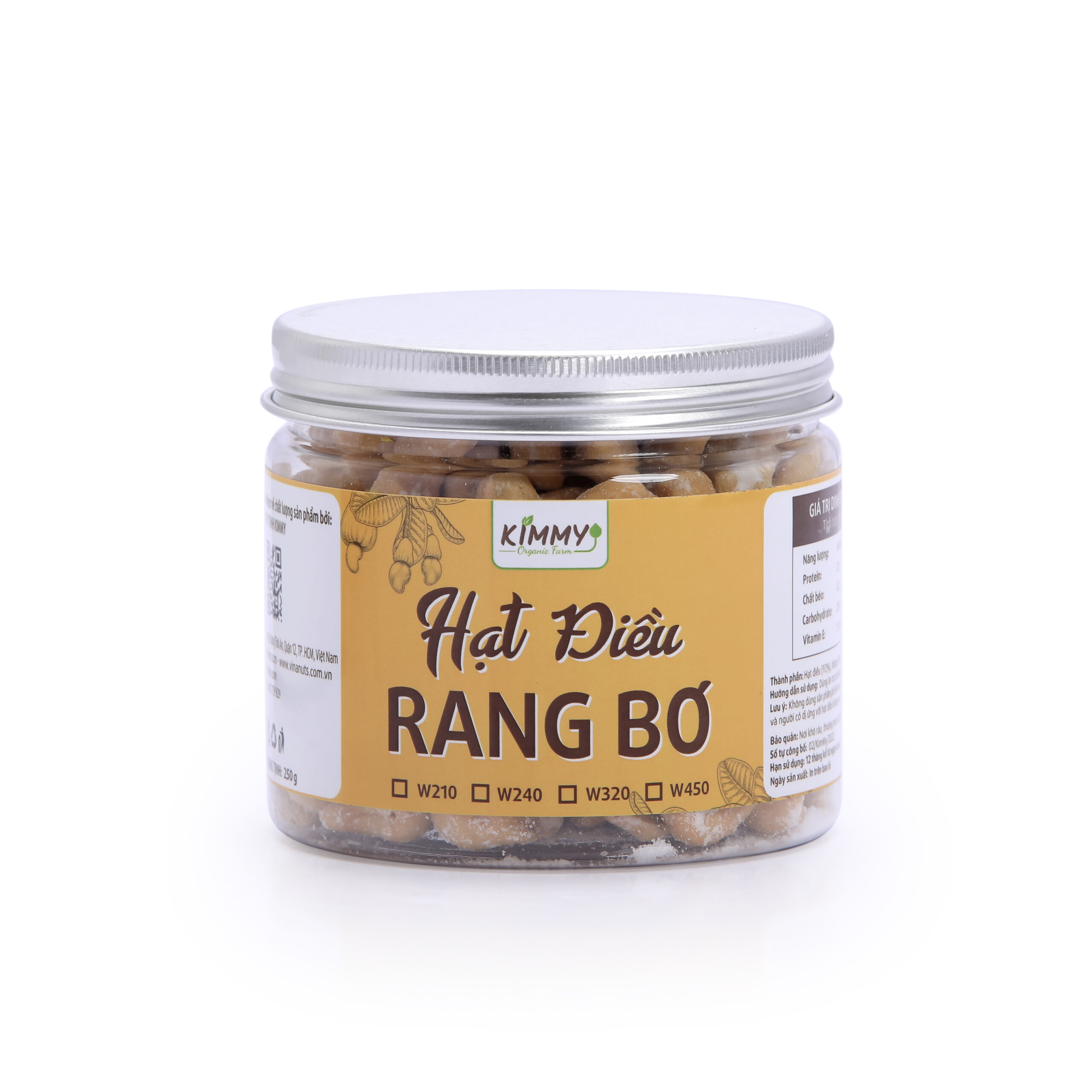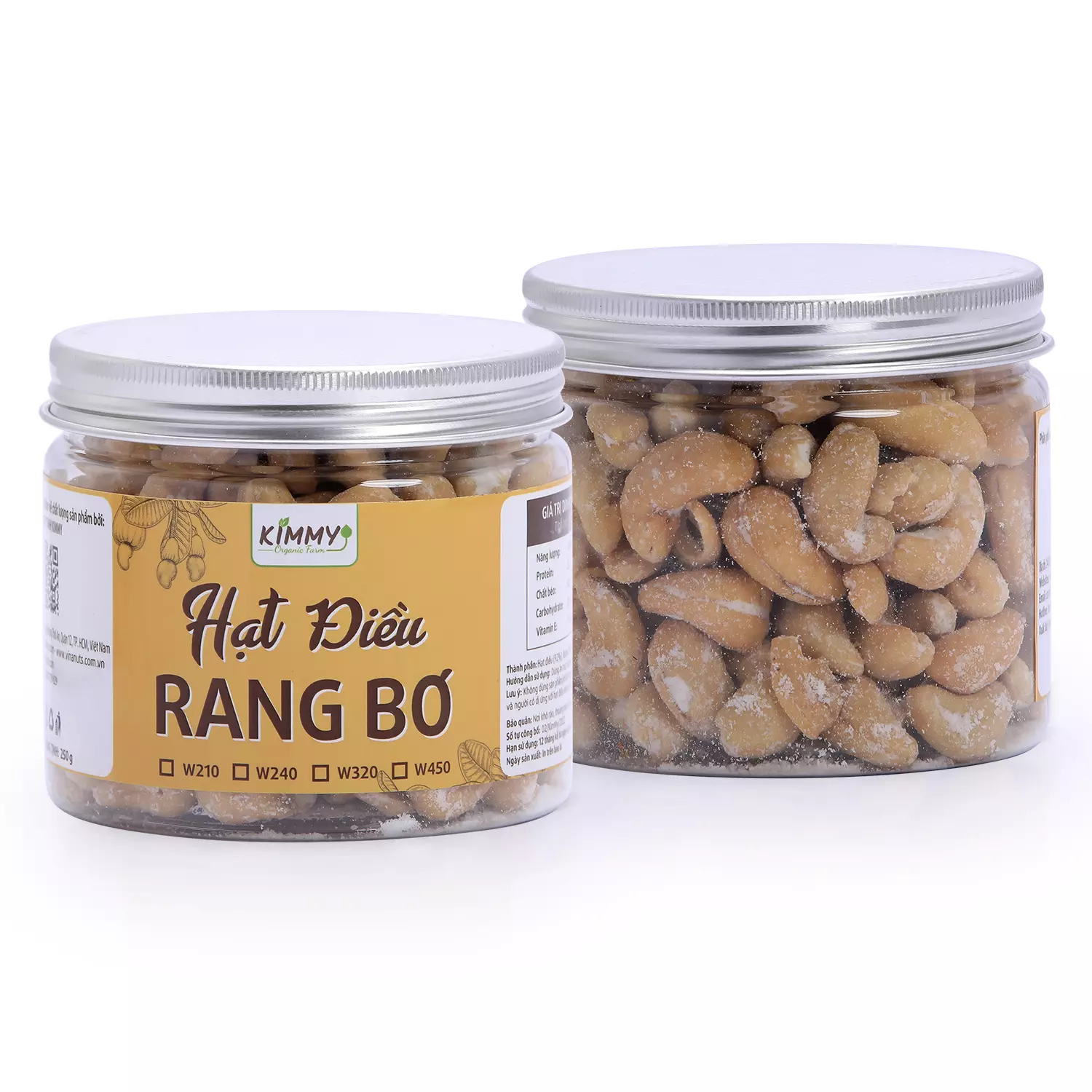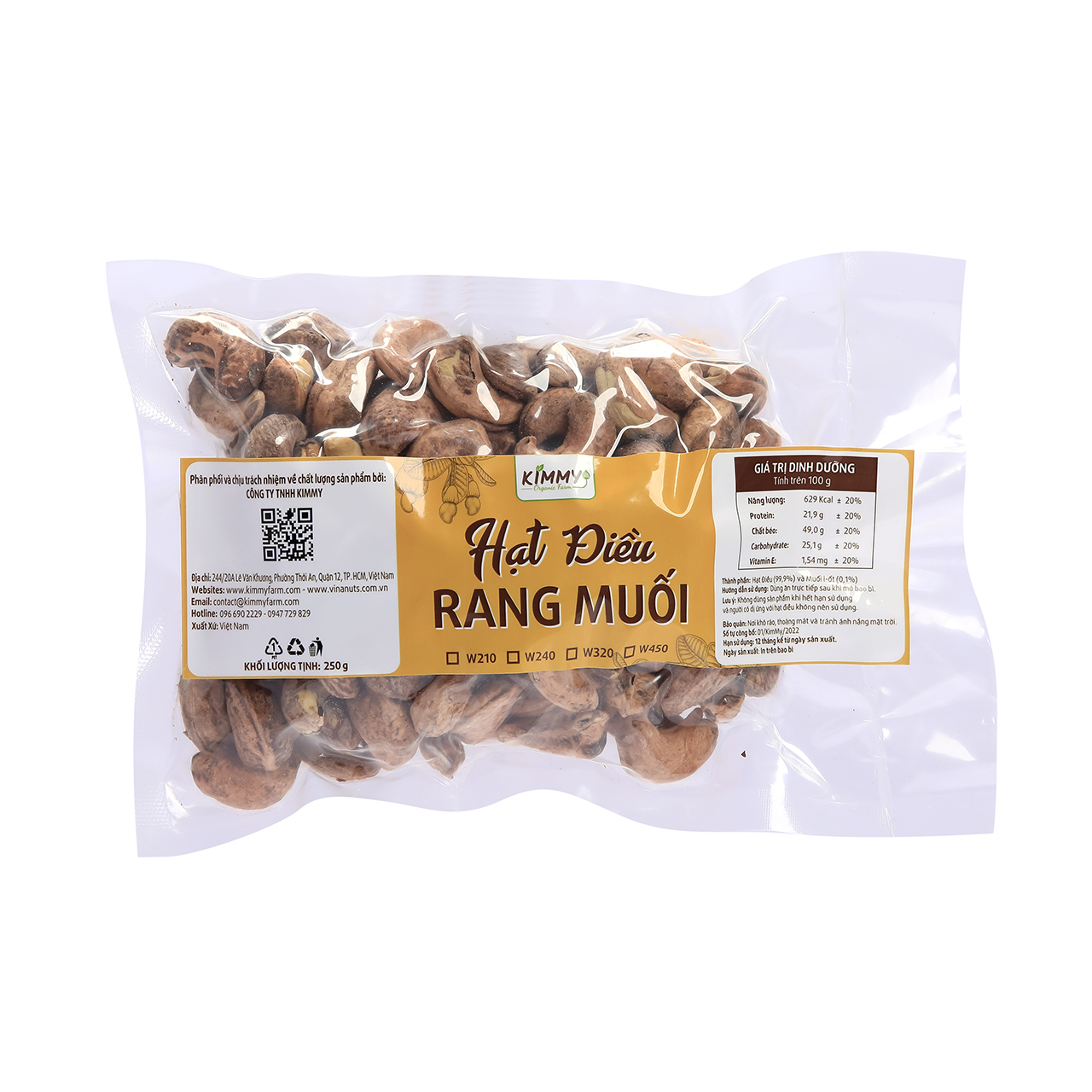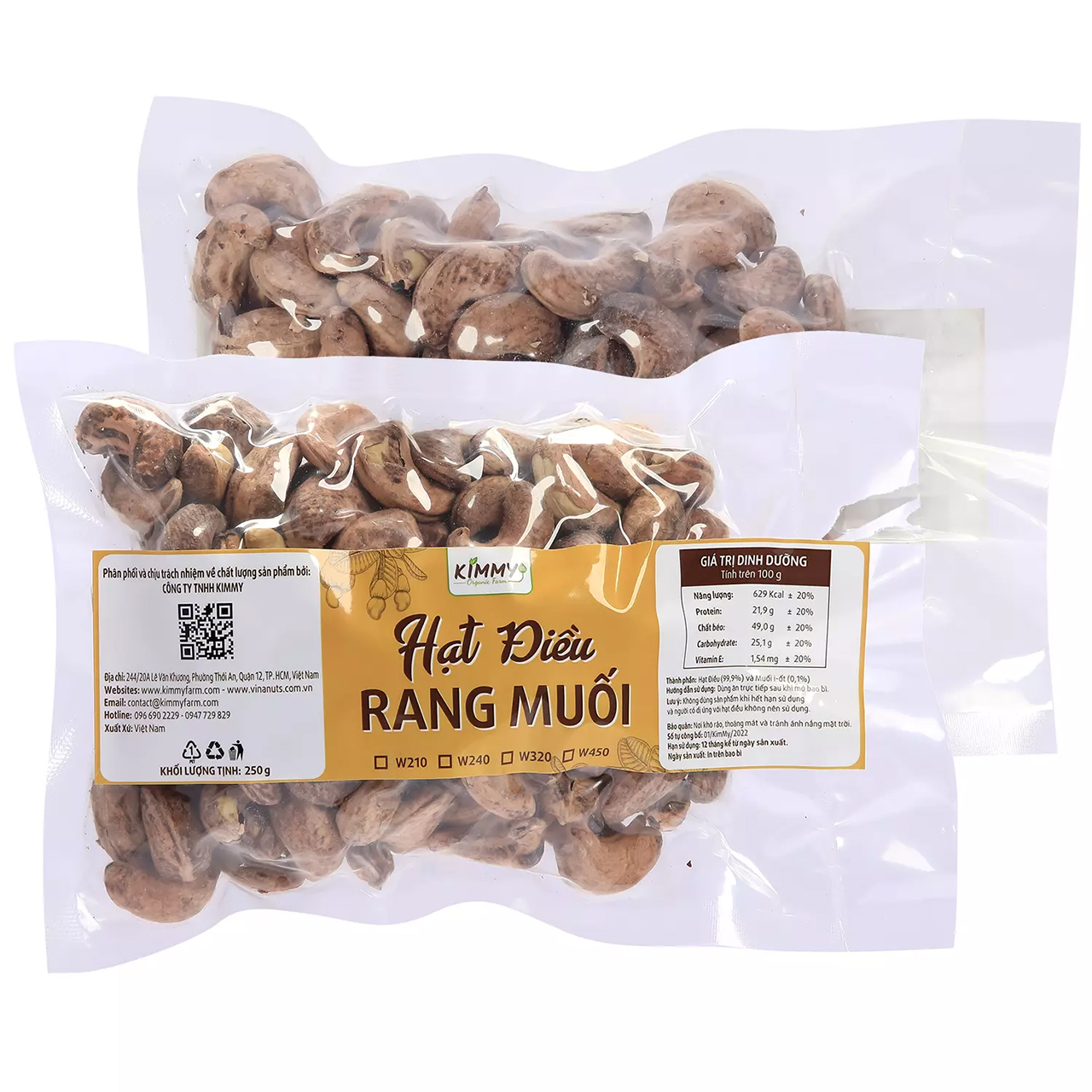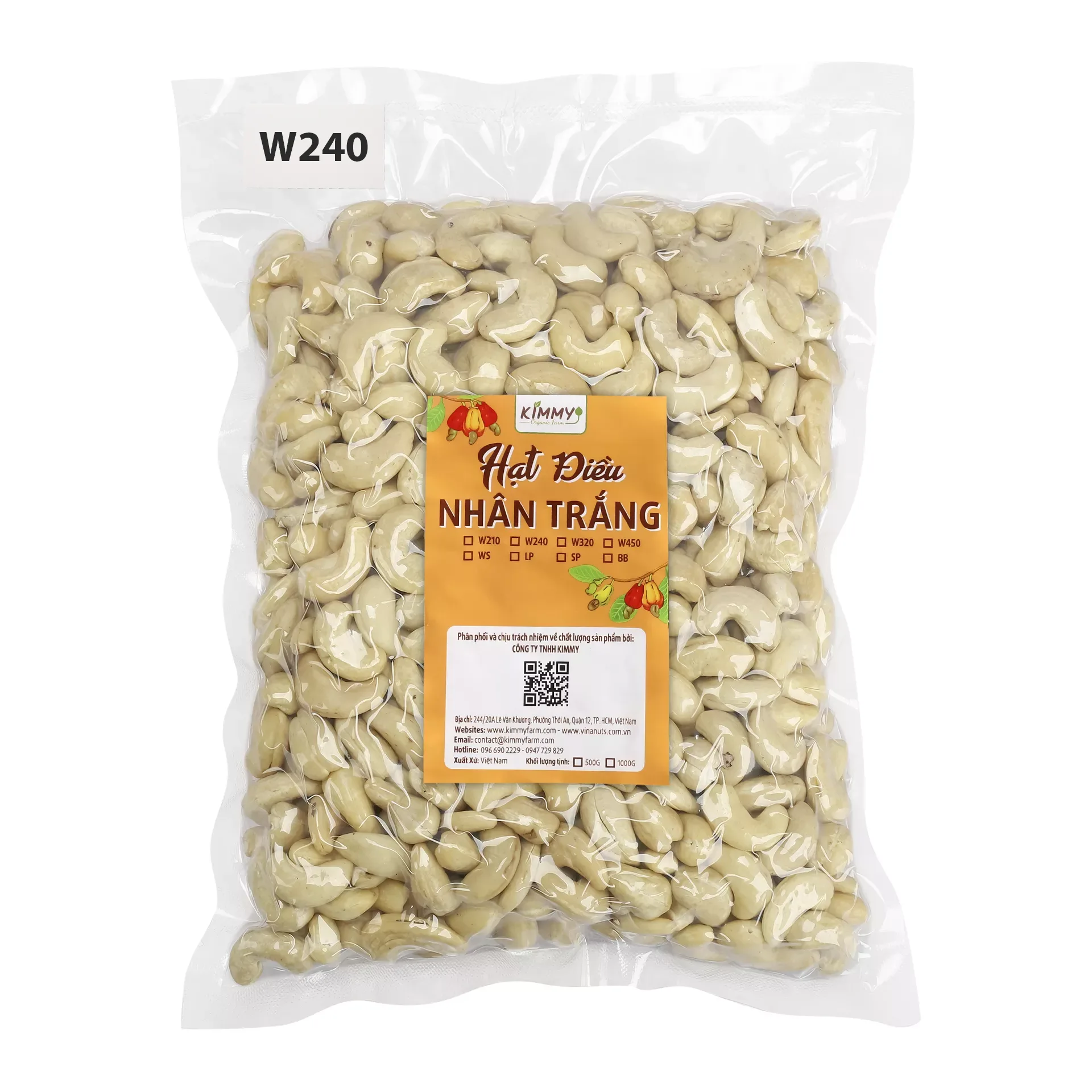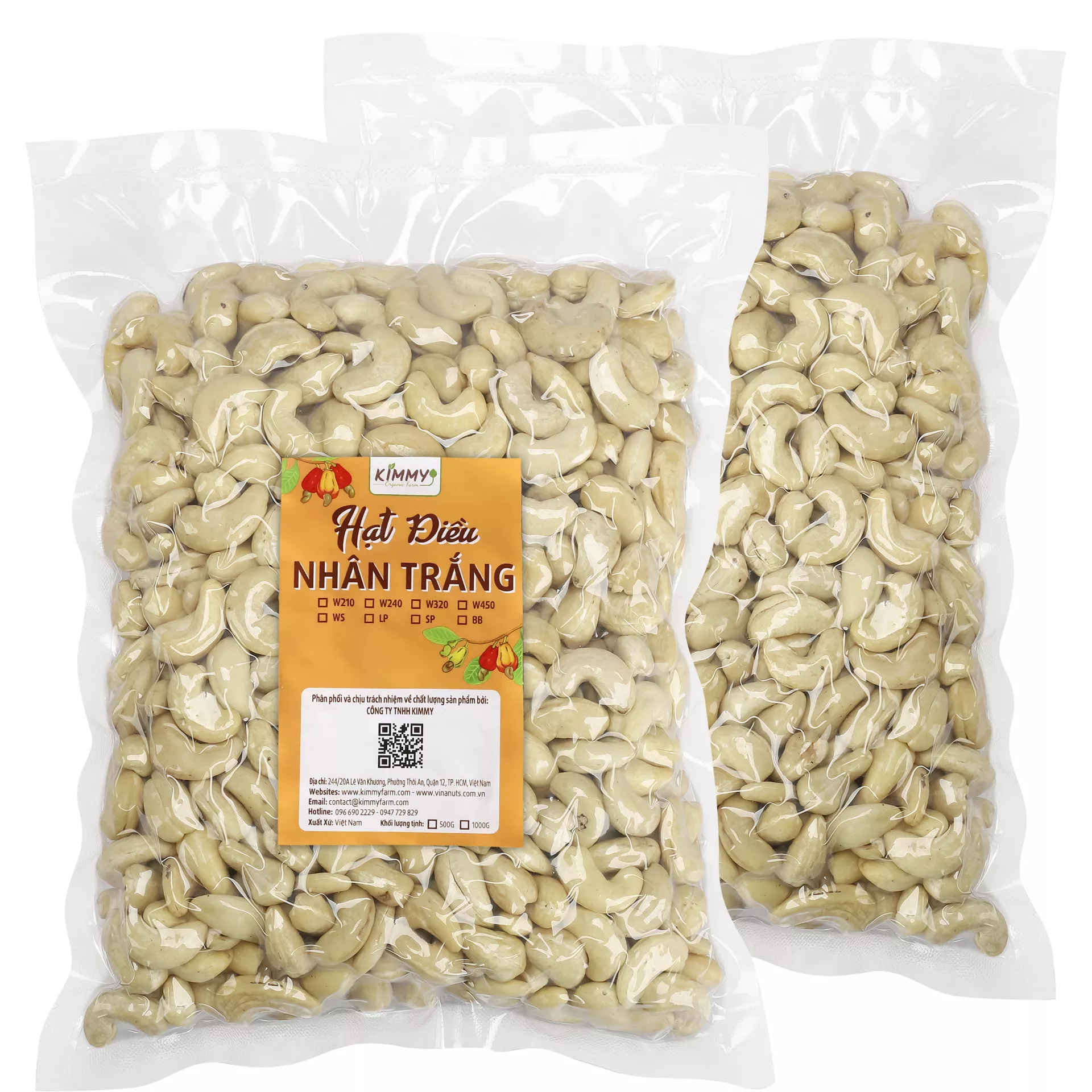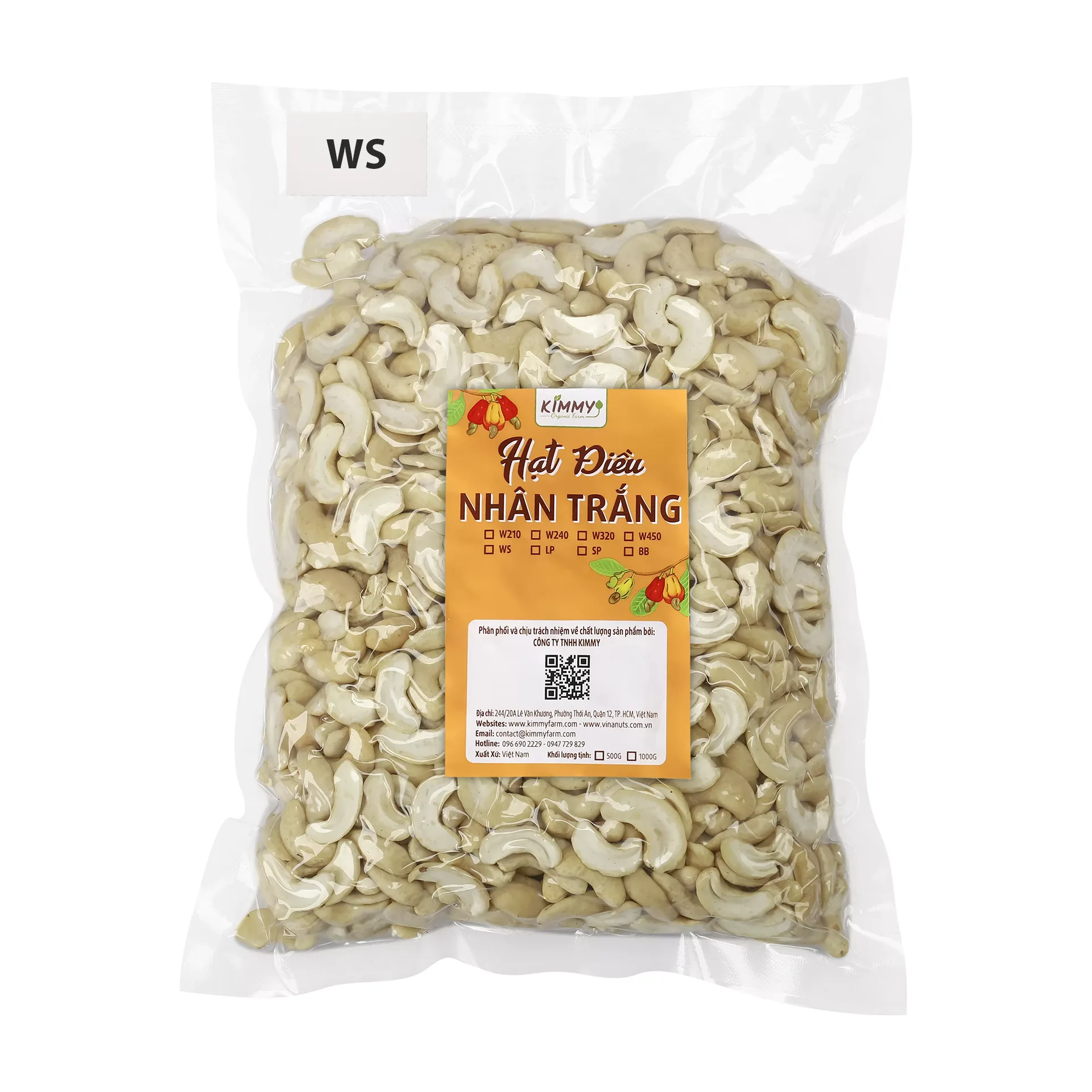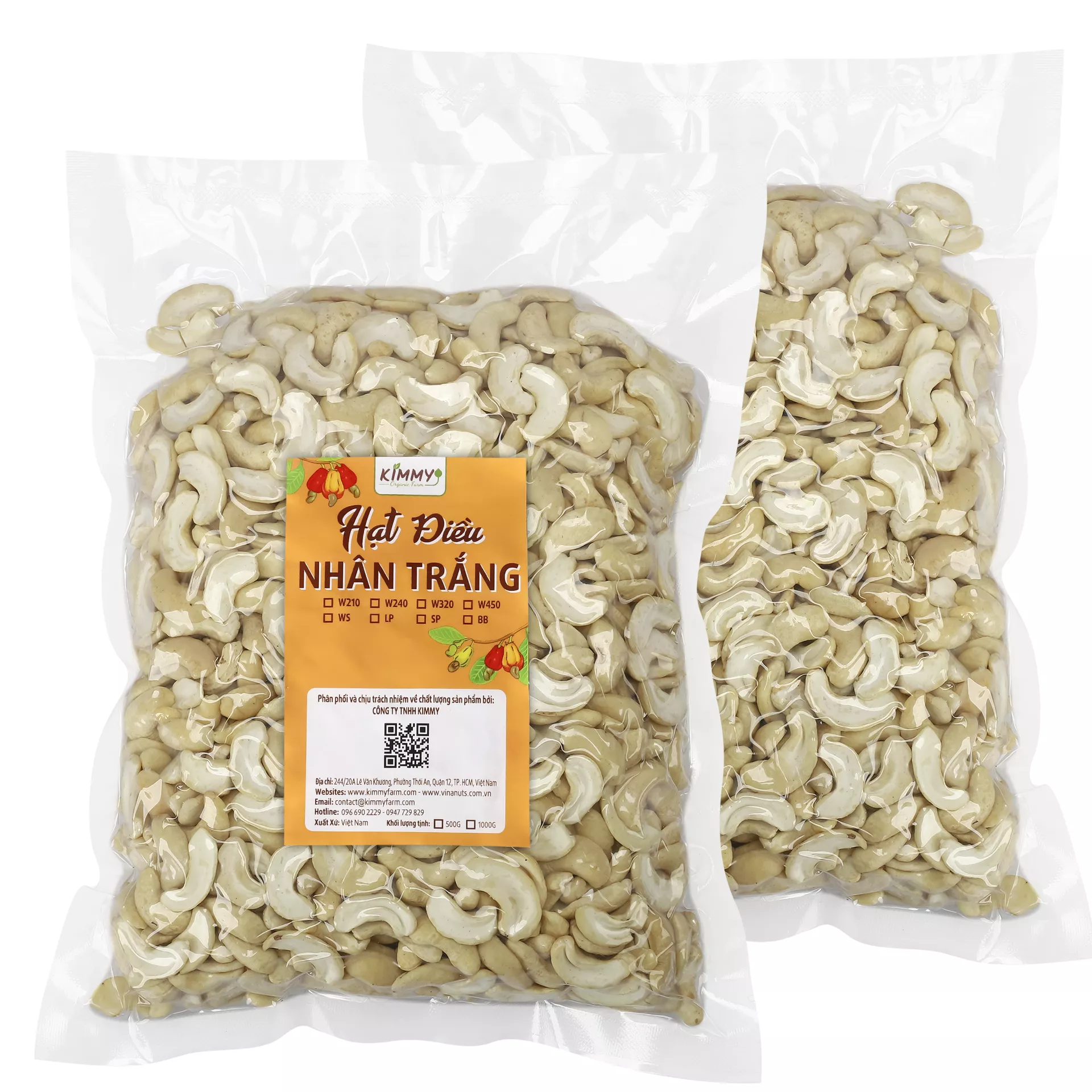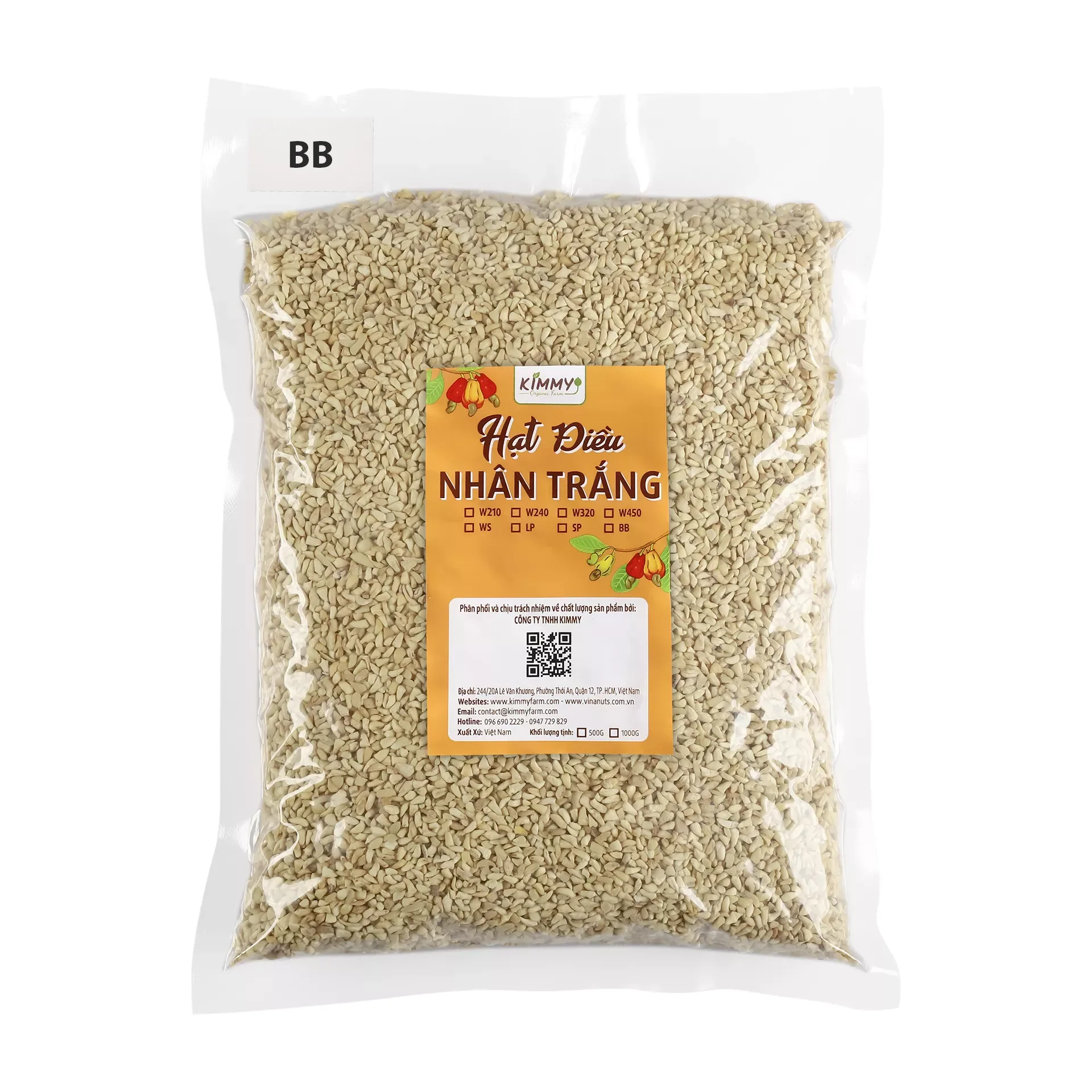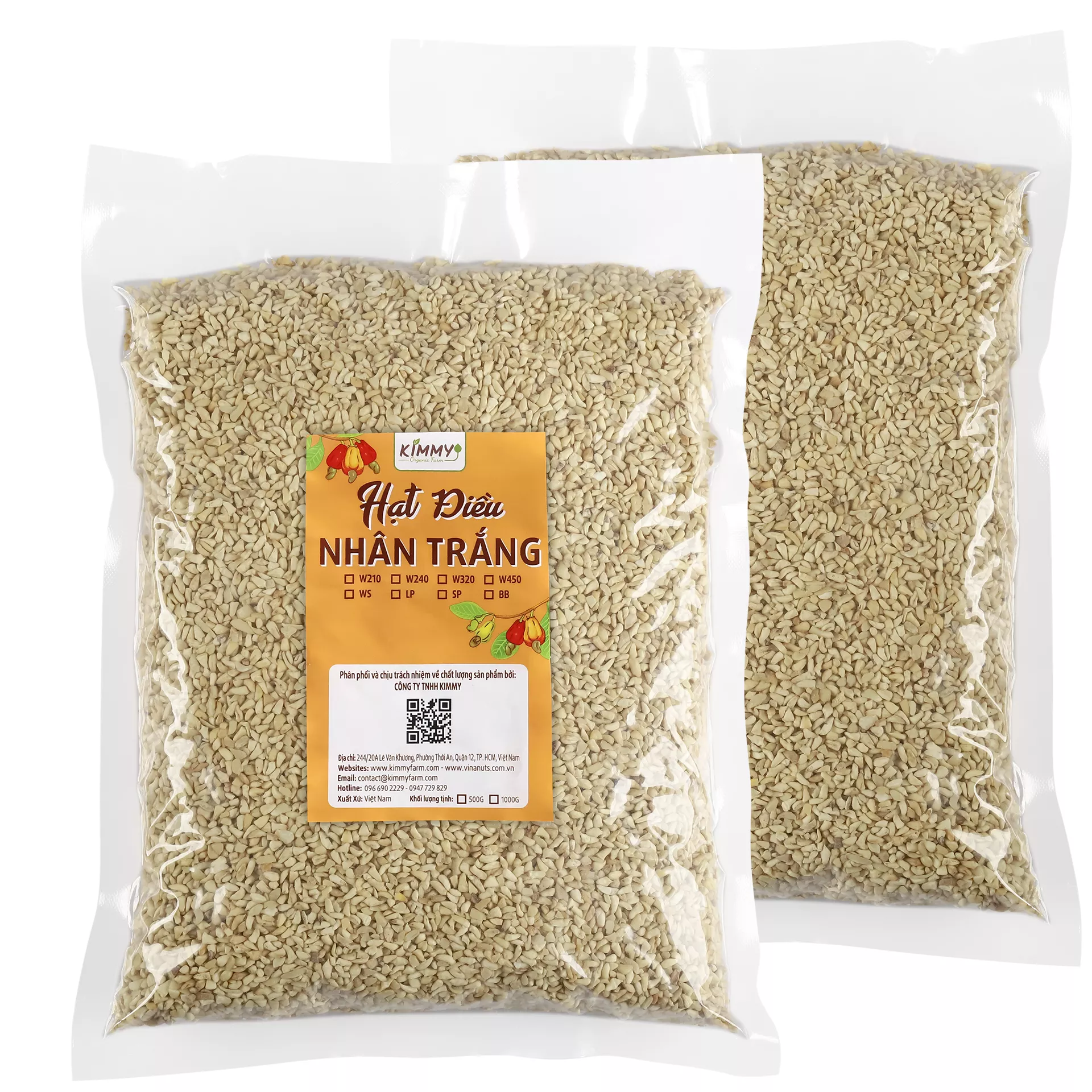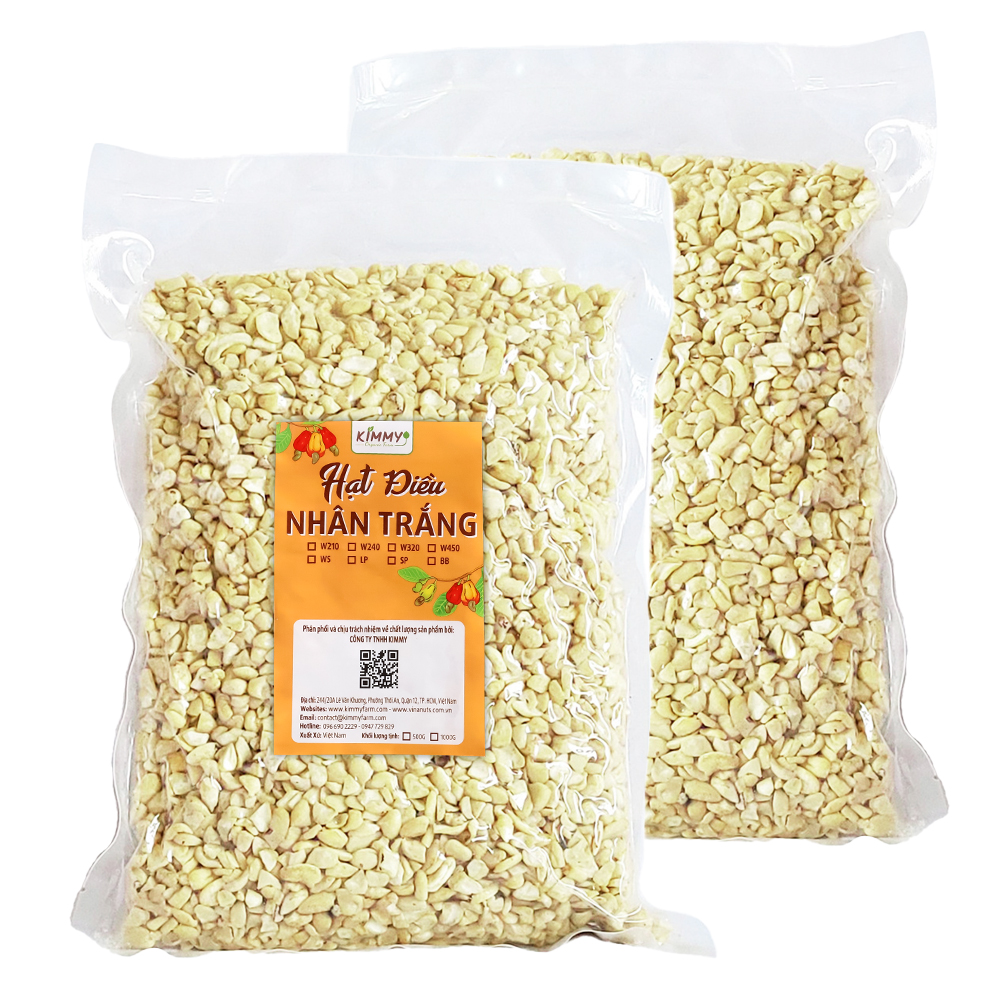Roasted cashew nuts are undoubtedly a favorite snack for many. When enjoying roasted cashews, you may notice the savory flavor of salt. But beyond enhancing taste, does salt serve another purpose? The answer lies just ahead in this article.
Why Should Cashew Nuts Be Roasted with Salt?
You might notice that when roasting nuts in large batches—like peanuts, chestnuts, or cashews—people often roast them with either sand or salt. Why? When roasting in bulk, it’s difficult to distribute heat evenly across all the nuts, so a heat-conducting material is needed. Salt is the preferred heat transfer medium.
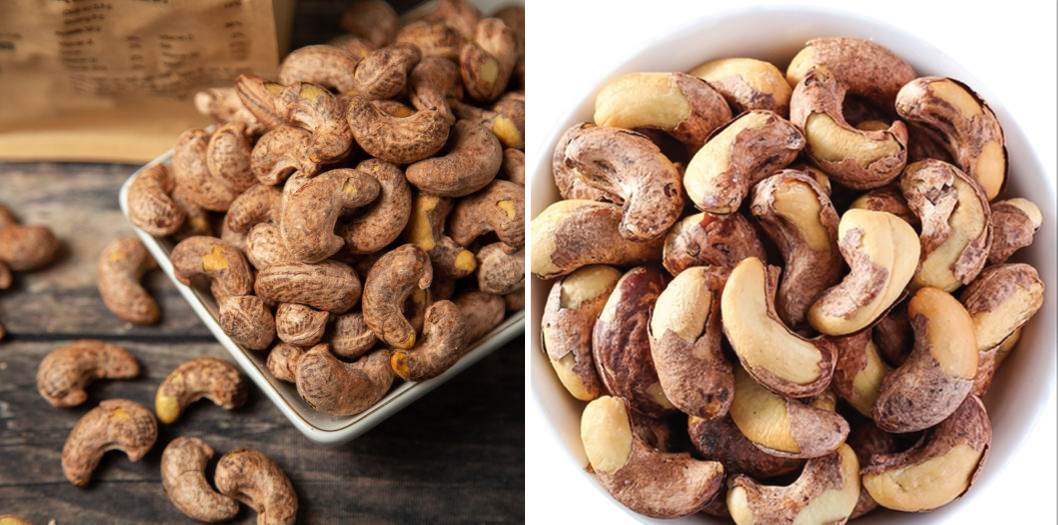
When roasting cashew nuts with salt, the cashews don’t directly touch the hot pan surface, reducing the chance of burning. Salt distributes the heat evenly throughout the pan, ensuring all the cashews cook consistently. It also prevents the cashews from sticking together, allowing each nut to roast evenly.
Moreover, salt has a moisture-absorbing effect, which helps cashews stay fresh longer and reduces the risk of mold or spoilage. Roasted salted cashews have a rich, savory flavor and crispy texture—making them an excellent snack. Though the process is simple, the results are impressive. Salt not only enhances flavor but also helps achieve a crisp, even roast.
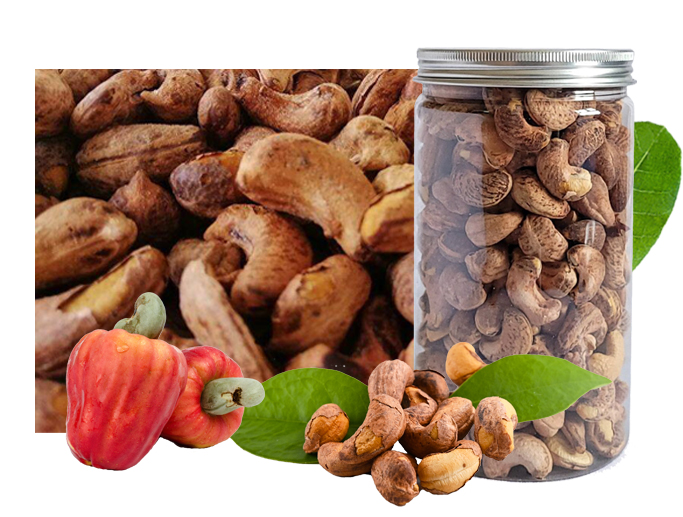
For those who prefer unsalted roasted cashews, you can roast small batches at home without salt. On a household stove, just stir evenly and avoid burning.
Types of Roasted Salted Cashews
Roasted salted cashews are a popular specialty enjoyed by people of all ages and are often chosen as gifts. Their nutty, sweet, and savory flavor makes them perfect for snacking.
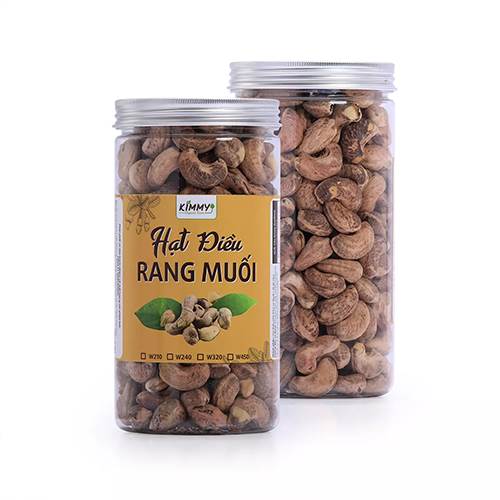
Currently, there are two popular types of salted roasted cashews on the market:
Traditional Salt-Roasted Cashews
These are raw cashews roasted only with salt. There are two roasting styles:
- With skin-on (cashew testa or silk layer intact)
- Peeled (outer skin removed before roasting)
Peeled Salt-Roasted Cashews
These are fully peeled cashews, leaving only the edible ivory kernel. After roasting, they develop a golden, appetizing color. This type is very convenient to eat—just open and enjoy. Because peeled cashews are prone to breaking during processing, only high-quality, large kernels are used. Due to the extra processing involved, these are often intended for export markets and are priced higher.

Skin-On Salt-Roasted Cashews
These cashews still have the thin brown silk layer (testa) covering the kernel. When raw, this layer is white with grey-purple speckles, which turn brown-purple after roasting. Though not visually appealing, Vietnamese consumers love them for their natural flavor.
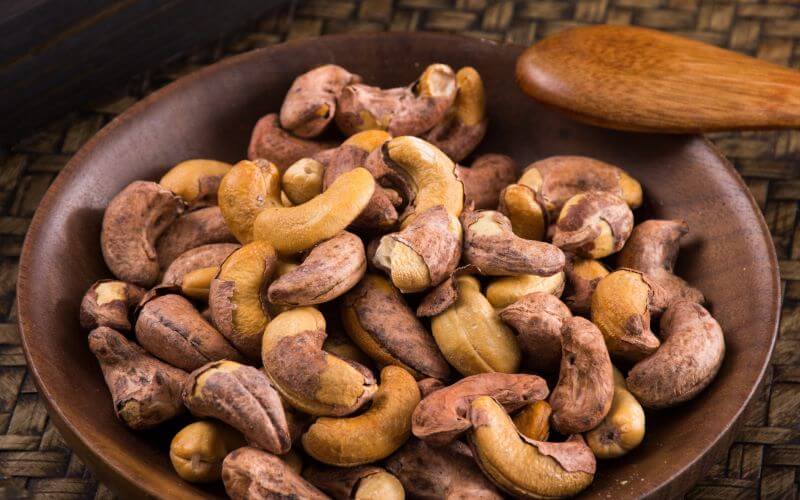
The skin helps retain the nut’s natural taste and lightly filters the saltiness—ideal for those who prefer less salty snacks. It also helps preserve the nuts longer and ensures even roasting.
Salt-Roasted Cashews with Garlic & Chili
These are similar to traditional roasted cashews but are mixed with garlic and chili powder for added flavor. While this method may slightly alter the nut’s natural taste, it’s extremely popular among younger snack lovers for its bold, spicy flavor—perfect for everyday snacking.
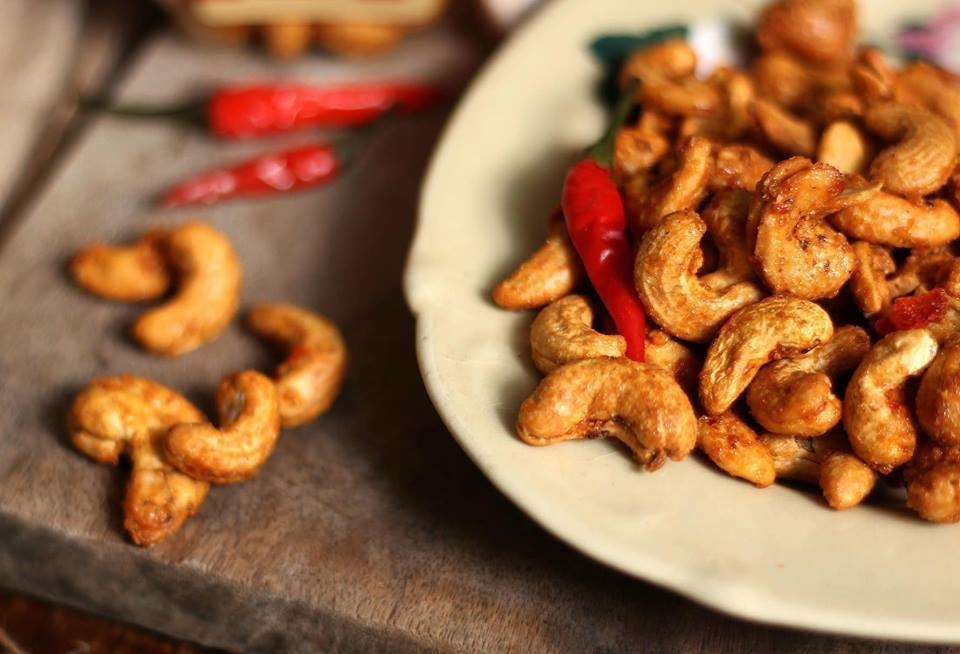
How to Identify Low-Quality Cashews
No matter which type you choose, always opt for high-quality cashews to protect your health. Avoid:
- Dull-colored nuts
- Musty smell
- Crumbly, broken kernels
- Uneven sizes
- Oily or rancid odor when tasting
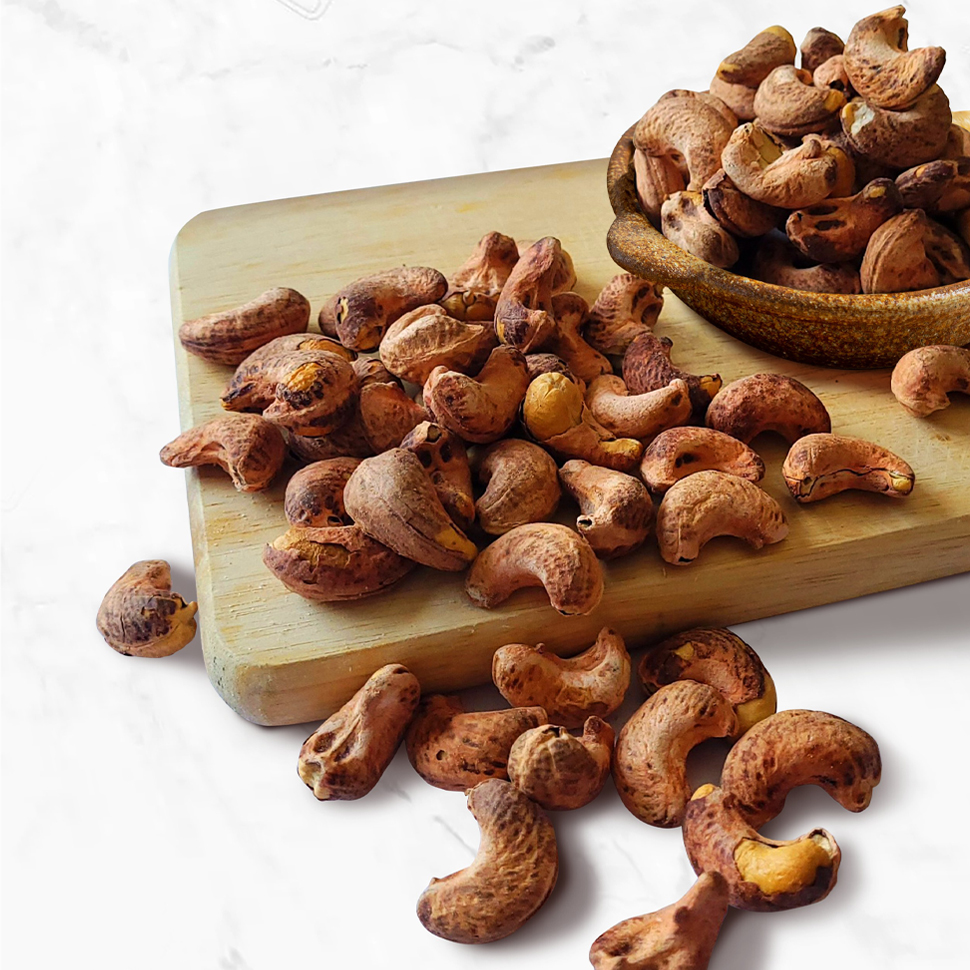
To choose premium cashews, rely not only on visual inspection but also taste testing.
Final Thoughts
We hope this article has answered the question: “Why roast cashew nuts with salt?” Beyond flavor, salt serves multiple functional purposes in the roasting process. Hopefully, this information has given you a deeper appreciation and useful knowledge about how to enjoy your cashews to the fullest.

Chúng tôi là một thương hiệu chuyên sản xuất, thương mai và xuất khẩu các mặt hàng nông sản của Việt Nam. Chúng tôi có vùng trồng điều & nhà máy điều ở Bình Phước, trại nuôi ruồi lính đen ở Tây Ninh. Các mặt hàng xuất khẩu chính của Công ty là: hạt điều, hạt điều nhân, ruồi lính đen,… từ Việt Nam.

